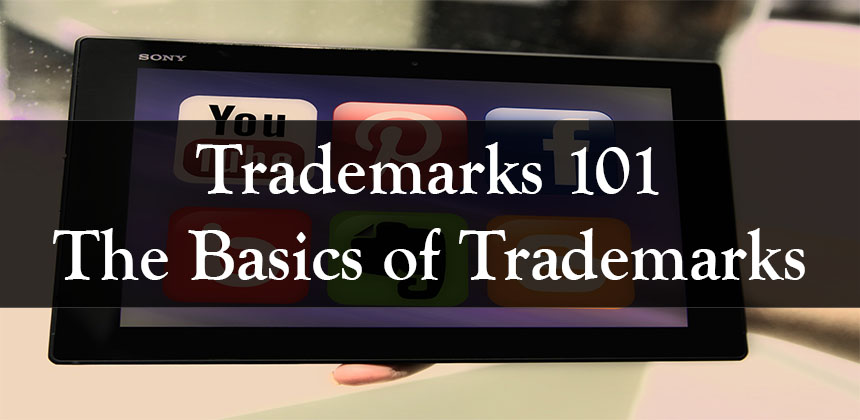Asset Purchase vs Stock Purchase: Exploring the Ways to Buy a Business
When you are looking at buying an existing business you need to understand your options. To purchase a business, generally you are given two options, an asset purchase sale or a stock sale. Whether you sign a asset purchase agreement or a stock purchase agreement, each one has it’s own benefits and disadvantages. Therefore, it is important to understand the difference between the two. We will go over asset purchase vs stock purchase sales and the implications of both.
Asset Purchase vs Stock Purchase: Exploring the Ways to Buy a Business Read More »

